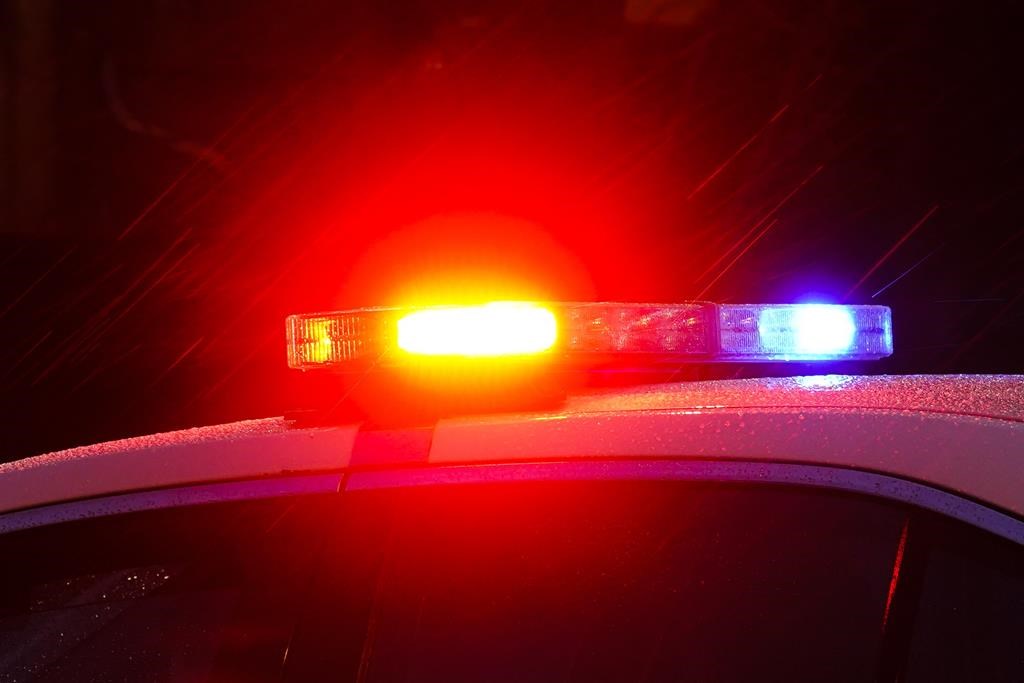Police dispatchers in Montreal receiving training to combat racial biases
Posted January 2, 2023 1:09 pm.
Last Updated January 2, 2023 6:28 pm.
Montreal police 911 dispatchers are undergoing training focused on combatting racial biases or racist stereotypes that may impact 911 calls. The program is the first of its kind in North America.
“I’ve been advocating for this for years, so I am very, very, very happy,” said Dr. Myrna Lashley, associate professor of psychiatry at McGill. “We have to make sure that any biases that the dispatcher has aren’t transmitted on to the police.”
For Dr. Lashley who sat on the SPVM’s expert committee on racial profiling, she says the training is overdue.
“Somebody might call the dispatcher and say, oh, they’re five black kids at the corner, or there’s a gang of five black kids. And then if the dispatcher says to the police, there’s a gang, they’re going to go there with a different mentality that there are five people standing on the corner,” explained Lashley.
Dammya Loiseau says, the training has been in the works since 2019. It was sparked when an independent study commissioned by Montreal’s police department found that Black and Indigenous individuals were more likely to be stopped for a street check than white people.
“The agent has to do a Polaroid picture of what’s happening and send it to the police officer. But the agent doesn’t see anything. So we really have to base ourselves on facts. Ask a question … to gather as much facts as possible, explained Loiseau, supervisor at SPVM’s 911 call centre. “We wanted to make sure that people used descriptive words, words that are based on facts only and not on perception.
“We are starting to get calls from other police services around Montreal to share the actual training and to share the results of our training as well. So it’s very encouraging.”
But Lashley warns continual training is needed for there to be a substantial change.
“When you do training, you need to follow up. If you don’t have to follow up, it becomes performative. You know, it gets done and you can tick the box,” explained Lashley.
For Rose-Andrée Hubbard the equity, diversity and inclusion advisor, at the SPVM this training is just the first step.
“The training is not only for the 911 dispatch, it is part of a whole process of change management has embraced,” said Hubbard. “It can’t be a single action to see change. There are several actions and this is only a first point of intervention that we have made.”



